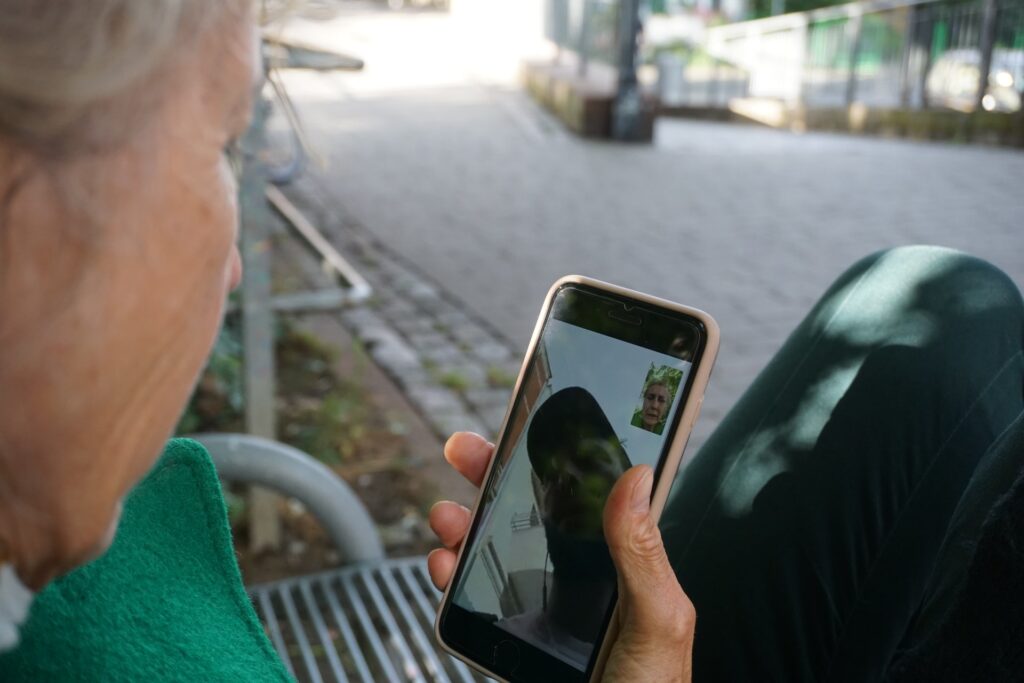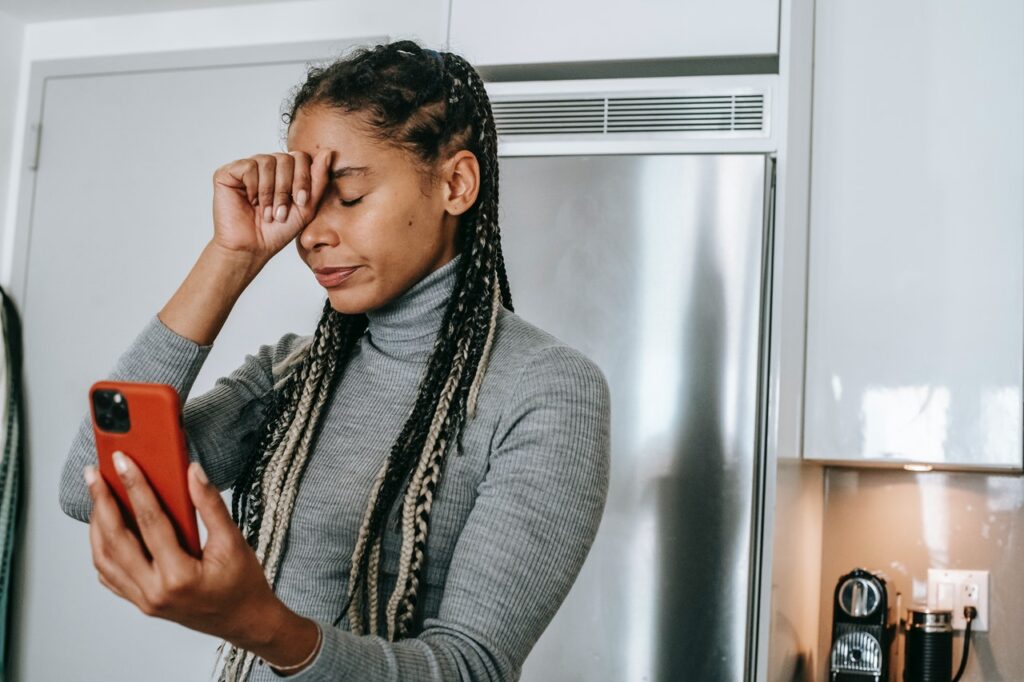As human beings, we strive for social interaction and ways to keep in contact with people. In the last few years, social media has played a big part in that, and many of us use it to stay in touch with friends or family. It can be a great way to stay in touch with people both in the UK or around the world. Connecting to other people can help ease anxiety and depression and feelings of loneliness. It is important to remember that online connections are different from real-life human interactions. Are you concerned about the effect of social media on mental health? I provide addiction services and support for decreasing that feeling of dependency on social media and the internet in general.

The effect of social media on mental health
If you are spending an excessive amount of time on social media then feelings of sadness, dissatisfaction, frustration, or loneliness may begin to impact your daily life. If this is happening, it may be necessary to reconsider your online habits and find a healthier balance. Let’s look at some of the signs which indicate that social media is impacting your mental health. The effect of social media on mental health is becoming more widely discussed, so you are not alone if you feel social media is affected your mood, anxiety levels or self esteem.
The effect of social media on mental health: Feeling inadequate about your life or appearance
The images we see on social media, for example on Instagram or Facebook, are not really a true reflection of life, but have been filtered and are a ‘curated’ version of people’s lives. It is really important to remember this. We see pictures of people always happy and laughing and with their families etc. This can make us begin to question our life and what we have and doubt if what we have is enough. People only tend to share the highs in their life or appearance, not their lows. So when you are scrolling through a friend’s feed and you see all these amazing images, don’t let it make you feel inadequate, as it is not always true.
The effect of social media on mental health and Isolation
Excessive use of social media can encourage you to experience feelings of loneliness. You can begin to spend too much time in the online world and not enough time connecting with real people. If this is starting to happen, and you are beginning to isolate yourself, it’s probably time to and re-evaluate your habits.
The effect of social media on mental health and Self-absorption
Social media use can cause people to become self-absorbed. Sharing vast amounts of selfies on Instagram as well as your private thoughts on social media, on platforms such as Twitter, can create unhealthy self-centeredness. This causes you to focus on creating your online image rather than creating memories with families and friends.
The effect of social media on mental health and FOMO
FOMO, or the fear of missing out has been around long before social media use became so popular. By seeing on Instagram and other social media what other people are doing in their lives, you can start to feel as if you are missing out on things that are others are engaging in. You may also find that you are becoming attached to your phone, checking it at constantly or responding to every message, post or notification, even if it means taking risks while driving, or choosing your phone over human interaction.

The effect of social media on mental health and Anxiety and Depression
As mentioned before, us humans need human interaction to feel connected to people, and also to feel mentally healthy. We all know that seeing our loved ones and spending time with them can boost our mood. When you put social media and or online interactions before that, this may cause us to feel lonely and disconnected. When we feel disconnected, we can be prone to feelings of low mood or even depression.
Anxiety can come from and be linked to the inadequate feelings mentioned before. Worrying that you don’t match a certain body type or you think that you are not attractive, since you don’t match the images you see online, this can significantly affect your mental health.
The effect of social media on mental health and Distraction
If you have an unhealthy relationship with Facebook, Instagram, Twitter, Snapchat or other social media and it is starting to affect your mental health, you may find that you are becoming distracted by your phone. At work, or school, are you finding that it is tough to concentrate properly, since you are reaching for your phone at every opportunity that you get? This is unhealthy and will affect your productivity and performance. In some organisations you can even get in trouble for work time phone usage.
The effect of social media on mental health and Risky Behaviour
You may find that you are so engrossed in your online life, that you become engaged in risky behaviour in order to get likes or comments. When you feel compulsed or that you need these to make you feel better about yourself, you might be tempted to post things that ou either don’t ruly believe or even might result in posting risky or inappropriate content. This can be damaging to your mental health as you are doing things that you know are not OK or in line with your values.
Social media and mental health tips
If you recognise some of these signs and you are worried about your mental health linked with social media, here are a few tips you can try in order to manage your technology habit.
- – Turn off notifications
- – Turn off your phone/tablet at certain times of the day
- – Remove social media apps from your phone
- – Limit how frequently you check your phone.
- – Don’t take your phone/tablet to bed
- – Talk to someone about how you are feeling.
If you would like help reducing social media usage get in touch today to find out about my online and London sessions.
